On a humid August afternoon in northern Greece, a group of Syrian families hauling duffel bags and day packs stumbled down a forested hillside. Exhausted and nervous, they gathered in a gravel parking lot across from a small train station.
They could see the border just a few miles away, marked by the curving line of tall riparian trees rising out of the grassy landscape. It had taken them six months to reach this point. Their final destination was close.
The smuggler, a tall man wearing a headset, waved his hand. The families gathered up their belongings once again, took their children by the hand, and walked toward the station. They stepped one by one from the cement platform onto the train tracks, passing the crumpled clothes and blankets abandoned by those who made the journey before them.
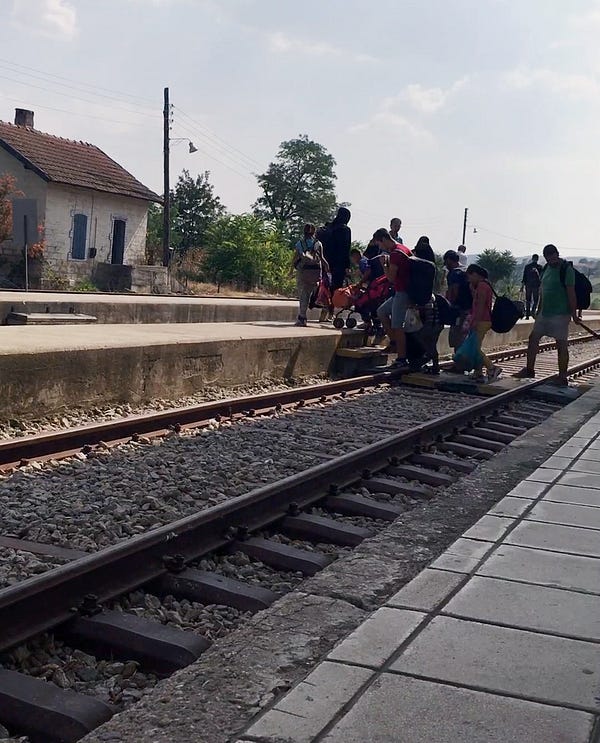
A group of Syrian refugees in July, beginning their journey home. (Jeanne Carstensen/GlobalPost Investigations)
On this day there were no other people in sight. They hiked along the tracks, stretching out in a single file line in the direction of the trees. The sound of crickets, screaming in the summer heat, drowned out their footsteps.
They had already crossed several borders to get this far. But this time felt significant — like the beginning of the end of their journey.
For this group of refugee families, however, the end would not be permanent safety in Germany, as they had hoped. They had arrived in Greece six months earlier, by which time Europe had closed its borders to new migrants.
After being stuck half a year in this unfamiliar country beset by its own economic misery, these Syrian families weren’t pushing north toward their dreams in Germany or beyond.
They were going back. To Syria.
In 2015, hundreds of thousands of Syrians poured over their country’s border into Turkey. From there they paid smugglers to make harrowing journeys by sea to Greece. And then took buses or trains or simply walked north to Germany, where Chancellor Angela Merkel had announced her country’s intention to welcome them. It was a hopeful time for millions who were searching for a way out of the brutal, multi-front conflict at home.
The optimism quickly faded, however. There was a backlash against Merkel’s policies, especially in Eastern European countries struggling to cope with the massive numbers of refugees streaming through. By March 2016 the doors to Europe had effectively swung shut, in the faces of crowds of tired refugees.
It began with a chain of EU-coordinated border closures — from Austria to Croatia to Macedonia — that shut down the primary route through the Balkans. Then on March 20, European leaders signed a controversial agreement with Turkey. Among other things, it required Greek authorities to detain new arrivals and send them back to Turkey, deemed a safe third country.
These new policies altered the destiny of the “tail-enders” — the population of asylum hopefuls who arrived to Greece after the big wave in the spring of 2016. When the borders suddenly closed, they found themselves trapped in a country burdened by its own woes and unprepared to address the needs of the thousands suddenly stalled there.
They were just as needy as the million refugees who had arrived to Europe before. But time had punished them: They were simply too late. They were unlucky.
New arrivals to the Greek islands were now taken to detention centers to wait for hearings before facing likely deportation. The tens of thousands of others already in Greece were corralled into a hastily designed network of camps scattered around the country. Life in Greece for these Syrians quickly became a daily disgrace, with no clear path to a permanent, secure location for their families to live.
Their finances long exhausted, they have languished for months in these isolated camps, waiting to access the meager legal asylum system available to them. Life here is now so bad that some believe the best way forward is to return home.
They could see the border just a few miles away, marked by the curving line of tall riparian trees rising out of the grassy landscape. It had taken them six months to reach this point. Their final destination was close.
The smuggler, a tall man wearing a headset, waved his hand. The families gathered up their belongings once again, took their children by the hand, and walked toward the station. They stepped one by one from the cement platform onto the train tracks, passing the crumpled clothes and blankets abandoned by those who made the journey before them.

A group of Syrian refugees in July, beginning their journey home. (Jeanne Carstensen/GlobalPost Investigations)
On this day there were no other people in sight. They hiked along the tracks, stretching out in a single file line in the direction of the trees. The sound of crickets, screaming in the summer heat, drowned out their footsteps.
They had already crossed several borders to get this far. But this time felt significant — like the beginning of the end of their journey.
For this group of refugee families, however, the end would not be permanent safety in Germany, as they had hoped. They had arrived in Greece six months earlier, by which time Europe had closed its borders to new migrants.
After being stuck half a year in this unfamiliar country beset by its own economic misery, these Syrian families weren’t pushing north toward their dreams in Germany or beyond.
They were going back. To Syria.
In 2015, hundreds of thousands of Syrians poured over their country’s border into Turkey. From there they paid smugglers to make harrowing journeys by sea to Greece. And then took buses or trains or simply walked north to Germany, where Chancellor Angela Merkel had announced her country’s intention to welcome them. It was a hopeful time for millions who were searching for a way out of the brutal, multi-front conflict at home.
The optimism quickly faded, however. There was a backlash against Merkel’s policies, especially in Eastern European countries struggling to cope with the massive numbers of refugees streaming through. By March 2016 the doors to Europe had effectively swung shut, in the faces of crowds of tired refugees.
It began with a chain of EU-coordinated border closures — from Austria to Croatia to Macedonia — that shut down the primary route through the Balkans. Then on March 20, European leaders signed a controversial agreement with Turkey. Among other things, it required Greek authorities to detain new arrivals and send them back to Turkey, deemed a safe third country.
These new policies altered the destiny of the “tail-enders” — the population of asylum hopefuls who arrived to Greece after the big wave in the spring of 2016. When the borders suddenly closed, they found themselves trapped in a country burdened by its own woes and unprepared to address the needs of the thousands suddenly stalled there.
They were just as needy as the million refugees who had arrived to Europe before. But time had punished them: They were simply too late. They were unlucky.
New arrivals to the Greek islands were now taken to detention centers to wait for hearings before facing likely deportation. The tens of thousands of others already in Greece were corralled into a hastily designed network of camps scattered around the country. Life in Greece for these Syrians quickly became a daily disgrace, with no clear path to a permanent, secure location for their families to live.
Their finances long exhausted, they have languished for months in these isolated camps, waiting to access the meager legal asylum system available to them. Life here is now so bad that some believe the best way forward is to return home.
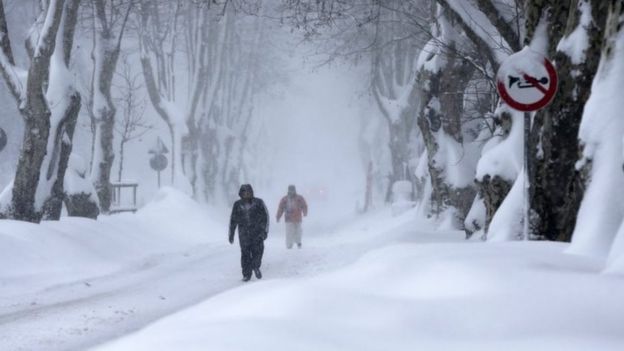

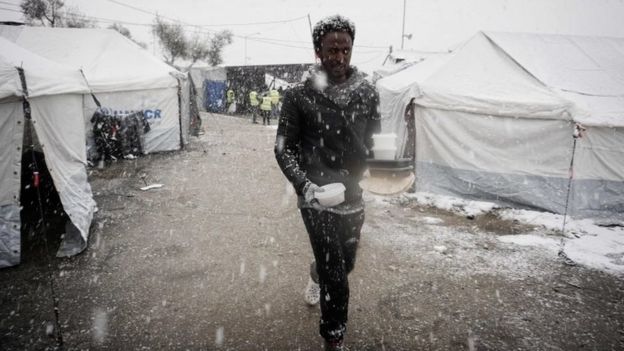
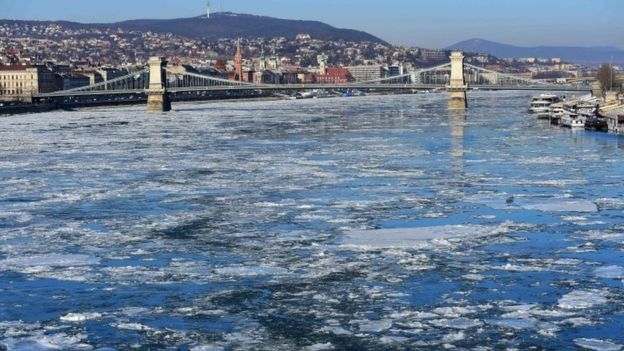
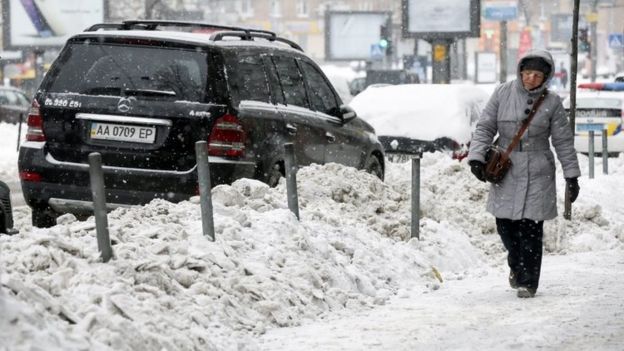
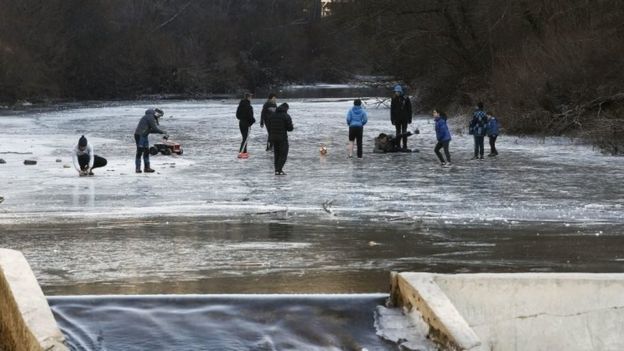
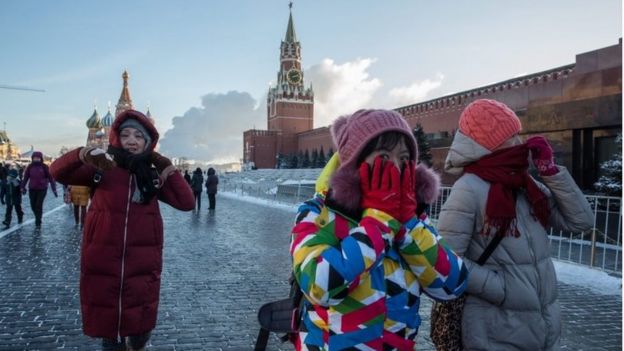






 You'll find little evidence for claim that Syria is stable.
You'll find little evidence for claim that Syria is stable.